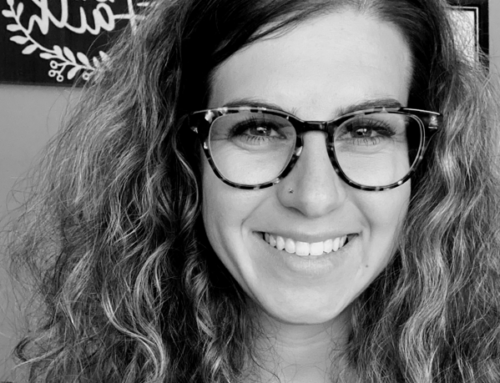In part one of this two-part series, Dr. Romas Buivydas, our VP of Clinical Development and host of Airing Addiction, shared his insights and predictions for emerging addiction treatments, innovative programs and partnerships, and reducing the stigma of addiction. Now, he’s sharing more predictions for the year about telemedicine and peer recovery coaching.
Telemedicine and Tele-Counseling
One of the biggest changes we’re seeing in addiction and mental health treatment is an increased emphasis on access to care. Many people lack consistent and reliable transportation which makes it difficult to participate in treatment. This is especially challenging for the elderly, people with disabilities and those living in rural areas with little to no treatment options nearby. Telemedicine and tele-counseling offer a solution to this issue.
“All you need is a tablet, phone, or computer,” says Dr. Buivydas. “Clients can interact with counselors right from their home, which is not only convenient but can be much more affordable for many people. More than that, clinicians can also remotely monitor their clients through the use of machines that measure blood pressure and blood sugar.”
Perhaps the greatest benefit of this mode of counseling is that it allows more individuals to participate in treatment who might not otherwise. There are not many of these programs up and running yet, but the outlook is promising.
Recovery Coaching
“Recovery coaching is important in guiding people to the right resources,” says Dr. Buivydas.
Recovery coaches are similar to life coaches – they actively help and advise individuals in making decisions related to their recovery. Once people leave the safe and structured routine of rehab, they can find themselves overwhelmed when they realize that it is up to them to maintain their sobriety and make healthy choices.
Recovery coaches work with clients as often as they need, even if that means daily meetings or check-in calls. They help clients access local recovery meetings, build a support system, maintain a healthy social life, and create an overall plan for staying sober even during stressful situations. They are people that clients can talk to about their struggles without feeling judged, which is also very important. The ultimate goal of the recovery coach is to get clients to a place where they can maintain their recovery without day-to-day guidance.
If you or a loved one is struggling with addiction, call us today at 1-877-MyRehab and we can help guide you on the path to recovery.










